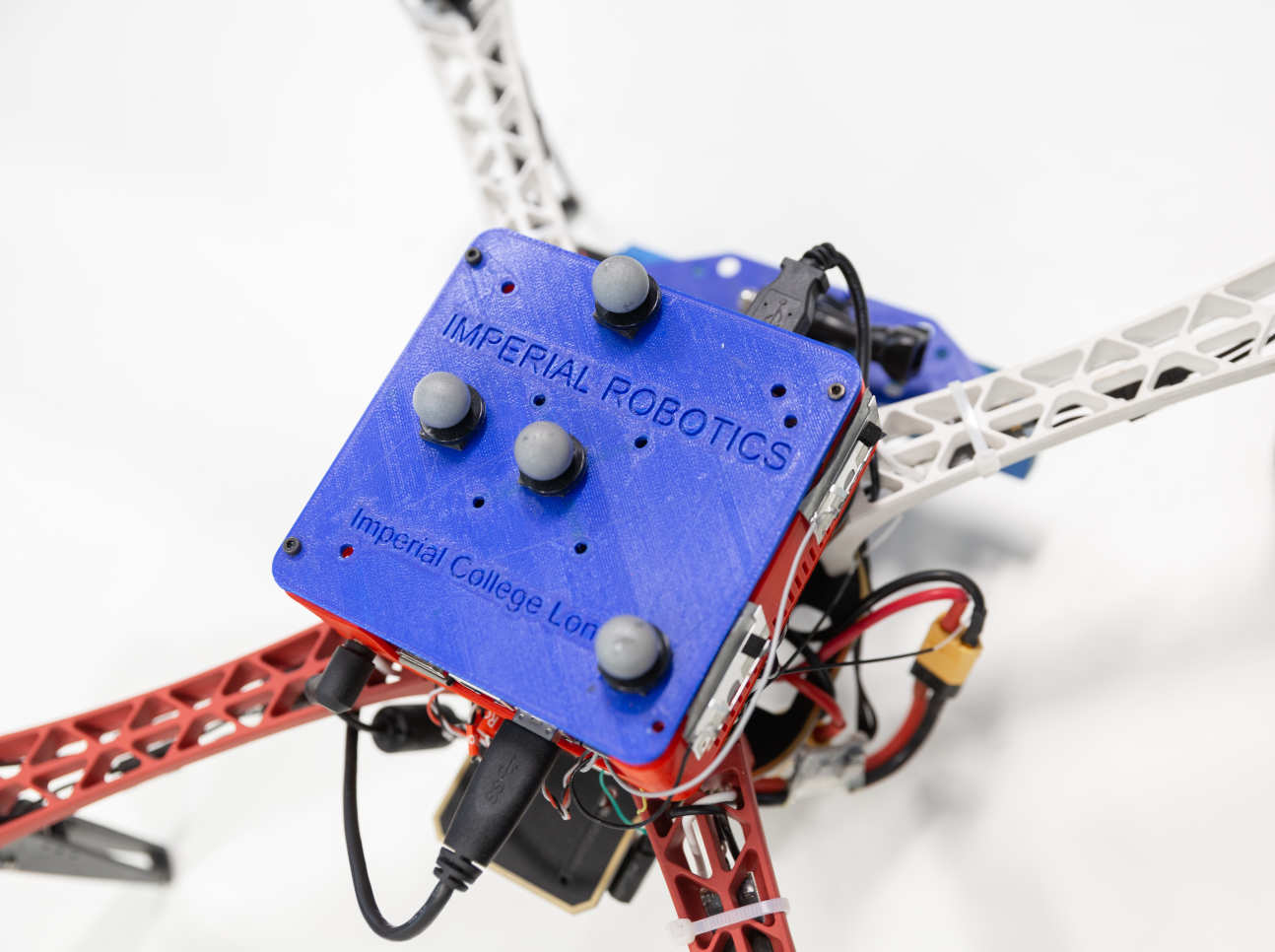Charity single and suffrage science: News from the College
Here’s a batch of fresh news and announcements from across Imperial.
From a charity single raising funds for mental health, to an award for leading female scientists, here is some quick-read news from across the College.
Charity song raises funds for mental health
Imperial medics and musicians are raising awareness and funds for mental health by releasing a charity single.
The track, called ‘How Strong’ (see video), was released this week to coincide with World Mental Health Day (10 October), and is endorsed by The Samaritans. All funds raised through the team’s JustGiving page will go to the charity, which provides around the clock support for those in need.
One of the song’s writers, Imperial’s Professor Peter Buckle, said the group hopes “to raise public awareness of…the very real consequences of stress that healthcare professionals experience every day.”
Scopus Early Career Researcher Award Winner
Dr Serene Chen, from the Department of Life Sciences at Imperial, is the winner of the Scopus Early Career Researcher UK Award in the Biochemistry, Genetics and Molecular Biology category. She will receive a grant of £1,500.

Dr Serene Chen completed her PhD at the University of Cambridge, where she investigated the protein alpha-synuclein, whose aggregation and deposition is the hallmark of Parkinson’s disease. She is currently a post-doctoral research fellow in the laboratory of Dr Alfonso De Simone at Imperial, focusing on the structures of aggregates using advanced imaging techniques.
Read more about the award on the Elsevier website.
Innovator winner
Imperial start-up DNAe, the developer of a breakthrough test for bloodstream infections, was named ‘Most Innovative Team or Innovator of the Year’ at the inaugural 2018 Medtech Insight Awards.
 The award recognises the team that has contributed most significantly to devices and diagnostics between 1 January 2017 and 31 May 2018. DNAe was chosen for its achievement towards a fast, user-friendly, diagnostic tool.
The award recognises the team that has contributed most significantly to devices and diagnostics between 1 January 2017 and 31 May 2018. DNAe was chosen for its achievement towards a fast, user-friendly, diagnostic tool.
DNAe’s Executive Chairman, Professor Chris Toumazou from Imperial’s Department of Electrical and Electronic Engineering, co-inventor of several technologies used in the platform, said: “I’m delighted our achievements have been recognised. Bringing DNA sequencing closer to the patient will arm doctors to make timely evidence-based treatment decisions.”
Find out more details about the award on the DNAe website.
Cellular insights
The surface of every cell in nature is covered in thousands of tree-like structures, called glycans, made up of sugary chains. These glycans recognise other molecules that want to interact with the cell, and are crucial to many biological process, both when cells are functioning normally and when they are diseased. 
Now, researchers at Imperial, MIT and New York University have determined exactly how stress inside a cell can change these structures on its surface. Such changes in cancer cells have been associated with metastasis – the spreading of cancer – so the finding could help unravel this connection. It could also allow better control of glycans in cell cultures, improving pharmaceuticals.
You can read the full research, which was facilitated by an MIT-Imperial Seed Fund Award.
Women in robotics
Dr Laura Margheri, Programme Manager and Knowledge Transfer Fellow at the Imperial College Aerial Robotics Laboratory (ARL), has been named one of the ‘25 Women In Robotics You Need To Know About’ in RoboHub’s long-running assessment of leading female scientists. 
Dr Margheri, who shortly takes up a new role in Italy, supports the development of the scientific program of the ARL, the coordination of multi-disciplinary research projects, and the management of international partnerships. Also, she has covered the role of Chair of the Women In Engineering (WIE) Committee for the IEEE Robotics & Automation Society for 4 years since 2014.
Suffrage science
Professor Julie McCann from Imperial’s Department of Computing is among 11 leading female mathematicians and computer scientists celebrated at the Suffrage Science Awards for Mathematics and Computing.

Professor Muffy Calder from the University of Glasgow, 2016 award winner who nominated Professor McCann, said: “Julie is nominated for her novel research on low-powered and sometimes self-managing sensing and control networks, collaborating with a wide range of companies and in diverse application domains such as smart water networks and environmental monitoring. She leads numerous research projects and is a great role model for women in Computer Science.”
At the ceremony held at the British Library, winners were presented with handcrafted jewellery, inspired by the Suffrage movement and passed on as heirlooms from one female scientist to the next.
–
Want to be kept up to date on news at Imperial?
Sign up for our free quick-read daily e-newsletter, Imperial Today.

Article text (excluding photos or graphics) © Imperial College London.
Photos and graphics subject to third party copyright used with permission or © Imperial College London.
Reporter
Hayley Dunning
Communications Division
Caroline Brogan
Communications Division
Murray MacKay
Communications Division
Ryan O'Hare
Communications Division
Joanna Wilson
Communications Division